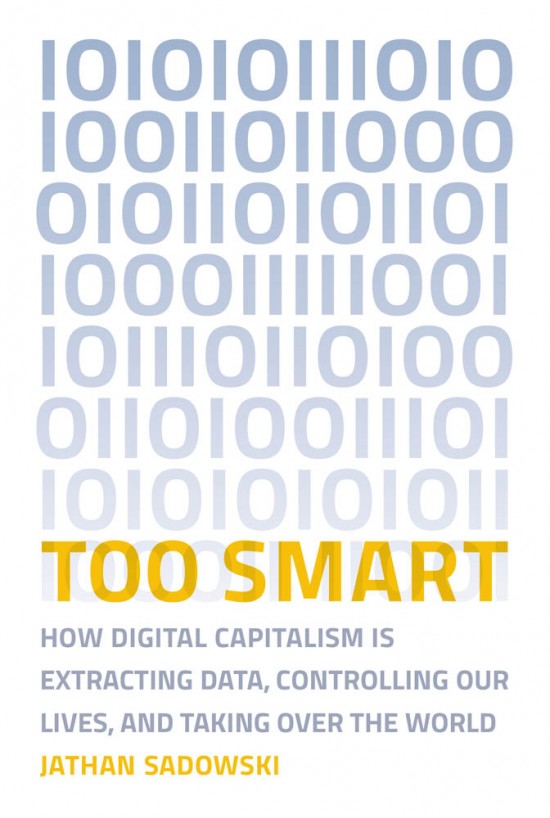In an article for New York magazine late last year, marketing and technologist specialist Scott Galloway ruminated on Mark Zuckerberg’s decision to refashion Facebook into a ‘Metaverse’. Like most people, Galloway saw in Zuckerberg’s ideas and language a worrying and sensationalist drift towards a form of megalomania – ‘a fantasy that we’ll trade pleasurable activities in the physical world, like cooking and dating, for nausea-inducing hours in a virtual realm full of legless avatars’. But he added a reworking of the concept: ‘Every time you hear Zuckerberg say metaverse’ Galloway observed, ‘swap in super-app and the plan sounds less stupid’.
Super-apps are a single mobile app through which users can do everything from receive government benefits, organise travel or order a takeaway. They offer the efficiency of providing all necessary services in one place. The more services brought together, the more indispensable the app becomes, until a tipping point arrives following which there is no reason to have any other platforms. Super-apps, Galloway noted, are fast becoming inevitable; indeed, they are already the norm in parts of Asia: WeChat, which as its name suggests started as a chat site, has evolved to become the most significant app in China and, Galloway asserts, ‘possibly the most heavily used piece of software on the planet’. WeChat makes everything available through a single source, making it as user friendly a system as it’s possible to imagine.
Galloway sees it as only a matter of time before a super-app is developed in the U.S and says that the company able to do so would become the first ever ten trillion dollar organisation. Super-apps might already exist across non-Asian countries were it not for the presence of Apple and Google. As providers of nearly all the world’s OS systems, both companies are fiercely resistant to any single platform that might usurp them and break the relationship they have with their users. Getting past this substantial blockage is the challenge facing whoever might develop the app (assuming that Apple and Google don’t attempt to do so themselves).
For people with disabilities, multi-use apps come with conflicts. The ease with which someone might book a taxi or reserve a restaurant table (assuming that the right kind of taxi or table is available; most disabled people know how those phone calls can go) seems intrinsically disability friendly. Everything available through a single source means that access difficulties associated with, say, a need to negotiate the physical environment, appear to vanish. A few buttons pressed and the goods or services are ordered. But of course the problems with internet use for those who are disabled are endless. As a space it can be just as excluding as a pavement or set of stairs.
More troubling than these examples however is the broader issue of a world increasingly dominated by technocracies. In his 2020 book Too Smart, Jathan Sadowski stresses how technocratic ideologies are beset by ideas of ‘solutionism’: ‘the belief that all the world’s problems, even those that should not be thought of as problems in the first place, can be solved technologically’. This is the logic behind the super-app – the single platform that can bring all imaginable services together appears as the perfect solution to all the chaos and wasted energy of multiple provision. In such thinking, the technology will always provide the solution; everything will be subjected to what Sadowski calls ‘smartification’.
Disability, as theorists have shown for decades, is precisely the kind of the perceived problem Sadowski identifies. Seen as a supposed aberration from the norm, it invites solutions – fixes and cures or, if they don’t work, rejection and eradication. Technocracy only increases this, especially through recourse to the argument that more technology (and so more fixing) can only be beneficial. The super-app, then, surely has to make disabled lives better; it is an inevitable consequence of having so much resource and choice gathered together in one place.
But the single source for the user is also the single source of surveillance. Usage is only possible if we agree to pass on our personal data; convenience only comes when control is ceded. Sadowski’s study persuasively argues that digital capitalism produces processes of data extraction that create extraordinary levels of such control, and across all aspects of our lives, from the agency we believe to be central to our sense of self, to the environments in which we live and work.
Disabled lives are always subject to control. They are measured, recorded, collated quantified and codified. And of course all these practices predate the digital age. In a technocracy, the power of surveillance and its associated regulation increase exponentially, and the freedom to access the world through a super-app is also a space in which containment and virtual policing becomes immediate. It is difficult to access disability stories from China, but the mass surveillance and social credit systems that evaluate behaviour and ‘trustworthiness’ there surely portend the kinds of bureaucracy that will arrive elsewhere when smartification technologies spread. Assessment of needs, calculations of benefits and judgement of behaviours are already part of the daily lives of disabled people when they encounter the State. In the ways in which they promise solutions, super-apps will only extend and deepen this.
As Galloway says, the advent of the super-app seems unstoppable; $10 trillion companies create a momentum that cannot be resisted, even taking into account government oversight. In all probability, it will create new rules of and for the everyday. In 1995, before the internet, Lennard J Davis wrote that ‘the problem is not the person with disabilities; the problem is the way that normalcy is constructed to create the problem of the disabled person’. There is every reason to think that this will continue to be true, that the constructed normalcy of a super-app will create its own problems – in every sense – and that disability will be more regulated, contained and judged than ever before.




